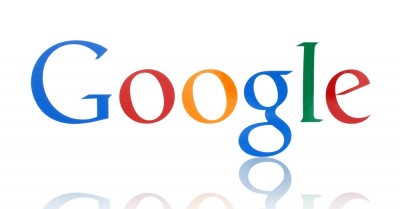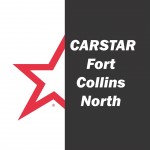Google Self-Driving Cars Hit Two Million Miles

Recently, Google announced that their self-driving car program has now driven its test vehicles in excess of two million miles, mostly in northern California near their Mountain View, CA headquarters. By accelerating their testing process in order to refine many of its systems, these autonomous cars have been Googling around at a higher rate lately.
The company recently reported that these self-driving vehicles have driven every single mile of the past one million miles in 100% autonomous mode. They achieved this in just 16 months, after it took a full six years to drive its first million miles.
At CARSTAR Fort Collins North , we know the collision repair industry is definitely going to change and that self-driving cars will be a huge part of that. So, any good news about emerging car technology (such as autonomous cars) is good for us and also great news for drivers here in Fort Collins , CO !
Dmitri Dolgov has been one of the leading engineers behind Google's self-driving car program and views the two million mile figure as extremely positive, for several reasons. "What takes a self-driving car from concept, to demonstration, and finally to reality is this accumulated experience," he explained. "Even in the early days of our project, it didn't take long before we could give a good demo ride in our self-driving car. But, to create a truly self-driving car that can do all the driving, we knew we'd need experience in more challenging and interesting situations."
Dolgov also stated recently that Google's self-driving vehicles need to improve and become better at "reliably predicting the trajectory, speed and intention of other road users and dealing better with rare incidents, like a horseback rider in the street ahead." If the Google autonomous cars can't handle unique scenarios properly, this can lead to serious accidents and fatalities, so testing is the perfect way to alleviate those tragedies before they take place, Dolgov said.
Google's announcement comes immediately after Uber began testing its own autonomous fleet on the streets of Pittsburgh, PA. It's the very first test of self-driving cars that involves passengers, who are arbitrarily matched with the vehicles through Uber's smartphone application.
The success of this project (or the lack of) is undoubtedly going to affect Google's autonomous cars as they proceed. With everyone is racing to lead the way in the ever-changing world of autonomous travel, this will be an exciting race--so stay tuned!
Sources: Google, MSN and Forbes


